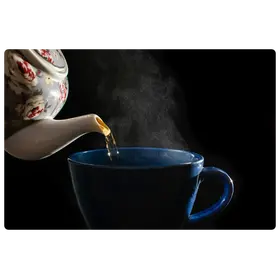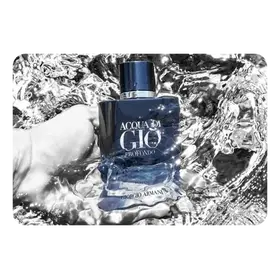How to Identify Genuine Organic Goods: 5 Telltale Signs
Guide : Comment repérer les produits biologiques authentiques

You’re trying to shop clean, but how do you know what’s organic and just marketing?
With so many products boasting eco-labels, health claims, and earthy packaging, it’s easy to get misled. If you’re ready to shop smarter, here are five simple signs that can help you separate the real deal from the greenwashed.
1. Look for Certified Organic Labels

USDA Organic, EU Organic, and Canada Organic are examples of third-party certifications that ensure strict standards are met from soil to shelf. If it’s missing a certification, proceed with caution. These labels aren’t just stickers—they reflect rigorous processes that include everything from pesticide limits to soil quality checks.
2. Check the Ingredient List
Truly organic products don’t try to hide behind complicated chemistry. If you can pronounce every ingredient and it reads more like a kitchen recipe than a science textbook, you’re likely holding a clean product. Watch out for unfamiliar additives or synthetic-sounding compounds that sneak in under natural-sounding names.
3. Beware of Buzzwords

“Natural,” “eco-conscious,” and “farm-fresh” sound appealing, conjuring images of wholesome goodness, but the crucial reality is that these terms lack strict regulatory oversight. Unlike "organic," these vague claims don’t guarantee adherence to any specific organic standards. While a product might be labelled “natural,” this designation offers no assurance that it was grown without the use of harmful synthetic pesticides, herbicides, or genetically modified organisms. Similarly, it provides no insight into whether the production and processing methods were environmentally sustainable or ethically sound. To ensure you support practices prioritizing health and the environment, look for specific, verifiable terms like "Certified Organic" instead.
4. Pay Attention to Packaging
A brand that’s serious about sustainability will usually reflect it in its packaging. Recyclable, biodegradable, or minimalist designs often signal an eco-minded company that walks the talk. Bonus points if the packaging shares sourcing info or highlights small-batch or local production practices.
5. Do a Quick Brand Check
When in doubt, look up the company. Platforms like Inasbay, for example, are known for curating authentic products through a thorough vetting process. Their tea collection alone features a wide variety of certified blends, from tulsi wellness tea to chai spiced masala tea—all organically sourced.
 |
Share |

 Login with Google
Login with Google




